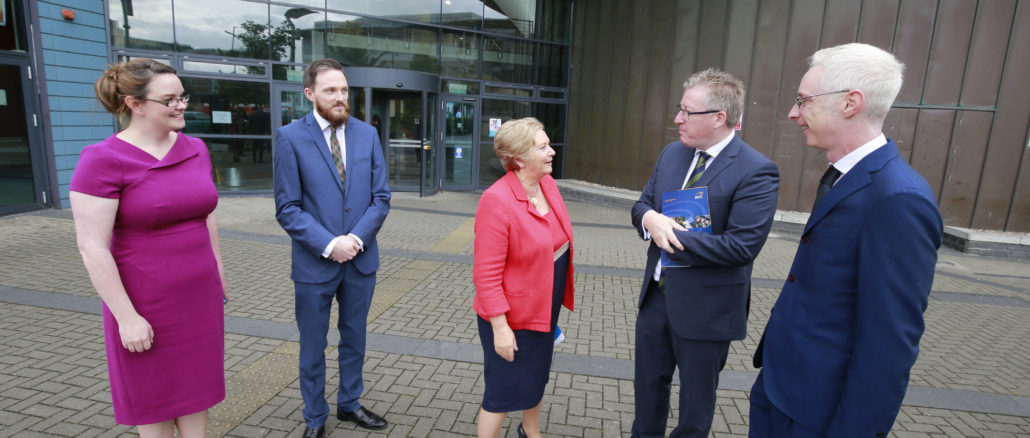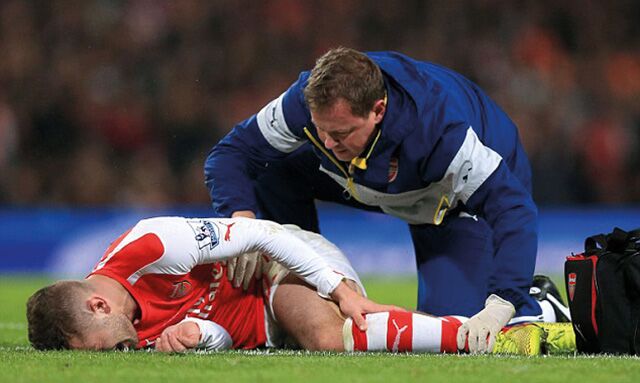
[dropcap]Ireland[/dropcap] has begun to work its way out of a “rather dark past” to develop a state that is more responsive to those in situations of vulnerability, suggested Tánaiste Frances Fitzgerald at today’s conference on State Accountability for Vulnerability.
Tánaiste and Minister for Justice and Equality Frances Fitzgerald provided the opening address at the second biennial conference of the Dublin City University Socio-Legal Research Centre (SLRC).
This year’s topic, “State Accountability for Vulnerability” examined the concept of human vulnerability and how people tend to experience periods of vulnerability, in some form, throughout their lifespan, through presentations from international and national law experts and non-governmental and human right organisations.
Legacy issues
During her opening speech, the Tánaiste acknowledged the legacy issues Ireland has grappled with over the past decade such as “children’s institutions, mother and baby homes, and the position of women in the Magdalene laundries”.
She questioned whether the problem was a state that was not responsive enough and failed to protect the vulnerable, or a state that was too responsive to the moral codes of the time.
“We have worked our way out of that rather dark past by developing a state that is more responsive to those who were victims and marginalized and less responsive to dominant institutions,” she said.
“The issue of equality of opportunity is something we must be so concerned about” – Tanaiste Fitzgerald
— The College View (@thecollegeview) September 9, 2016
Linking academia and politics
There is a way to go in terms of the bridge building between academic institutions and researchers in relation to developing academic work and its influence on policy, according to the Tánaiste.
A bridge building between the different elements in society must be examined, it was determined.
“It’s not good enough yet at all in terms of linkages between politics and academics, we really need to think about how do we do that,” she stated.
The Tánaiste also acknowledged that a Cabinet Committee on Social Policy has been set up to approach the needs of a range of vulnerable groups in society. The Irish Human Rights and Equality Commission is also in place to give independent oversight and advice to the Government in protecting those who are most vulnerable.
EU Victims Directive will allow further access to information and more inclusive treatment for victims of crime, says Fitzgerald #DCULawConf
— The College View (@thecollegeview) September 9, 2016
Speakers
To begin the day-long series of talks and lectures, Professor Titti Mattsson of Public Law at Lund University delivered a lecture titled “Who is Vulnerable?” on the usefulness of vulnerability theory in jurisprudence, during the first plenary panel.
The vulnerability theory focuses on how an integrated lifespan approach can guide political and institutional practices in taking societal responsibility for the individual’s dependency and vulnerability throughout life.
Mattsson highlighted that being vulnerable is a part of the human life and its condition.
“Autonomy is unattainable”- Mattsson highlights the duty of care of social institutions to all vulnerable members of society #DCULawConf
— The College View (@thecollegeview) September 9, 2016
“We are dependent on others and on society,” Mattsson said. “We need and are dependent on social institutions because vulnerability is inevitable.”
Mattsson has published widely in child law, elder law, social welfare law and health law.
Noeline Blackwell, CEO of Dublin Rape Crisis Centre took to the podium for the second speech of the first panel.
Blackwell examined the difficulties vulnerable people come up against in the face of the law.
She claimed that the idea that everyone is responsible for their own actions often fails the vulnerable people in society, that their voices are not heard and are less able to access remedies.
While discussing the limitations the law holds for people of vulnerability, she acknowledged the restraints that arise on the side of legislators.
“It is interesting to listen to legislators when they say you can’t do this because the provision would be open to abuse, and therefore we maintain the status quo,” she said.
“The only people stopped from litigation are poor people” – @Noeline_B highlights the inequalities of the Irish justice system #DCULawConf
— The College View (@thecollegeview) September 9, 2016
Along with working as CEO of DRCC, Blackwell is a human rights lawyer. She has previously worked on rights of access to justice with FLAC.
The “State Accountability for Vulnerability” Conference ran a variety of other talks, lectures and panel discussions throughout the day on migration and asylum, public engagement and disability, prison and punishment, accountability and the past, criminalising vulnerability, children, austerity, and LGBTQ+ rights.
The event was organised and hosted by the Socio-Legal Research Centre in DCU.
Hayley Halpin
Photo Credit: DCU Communications & Marketing




Leave a Reply